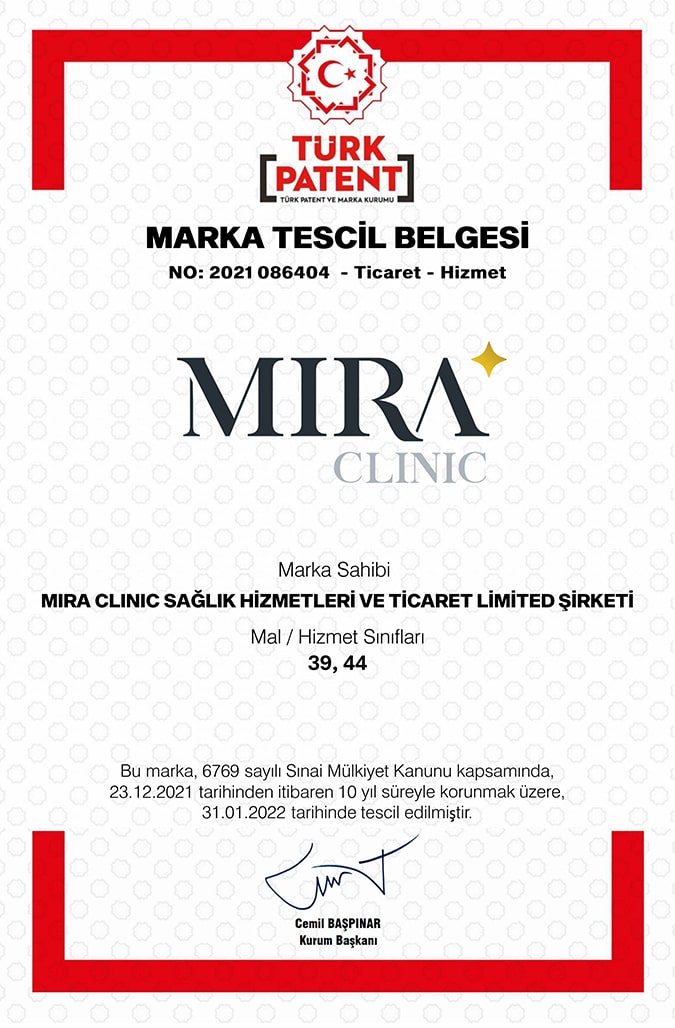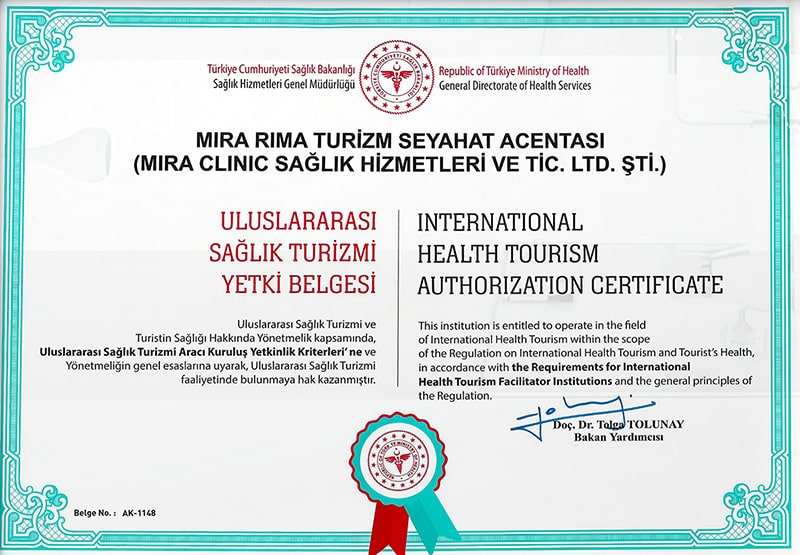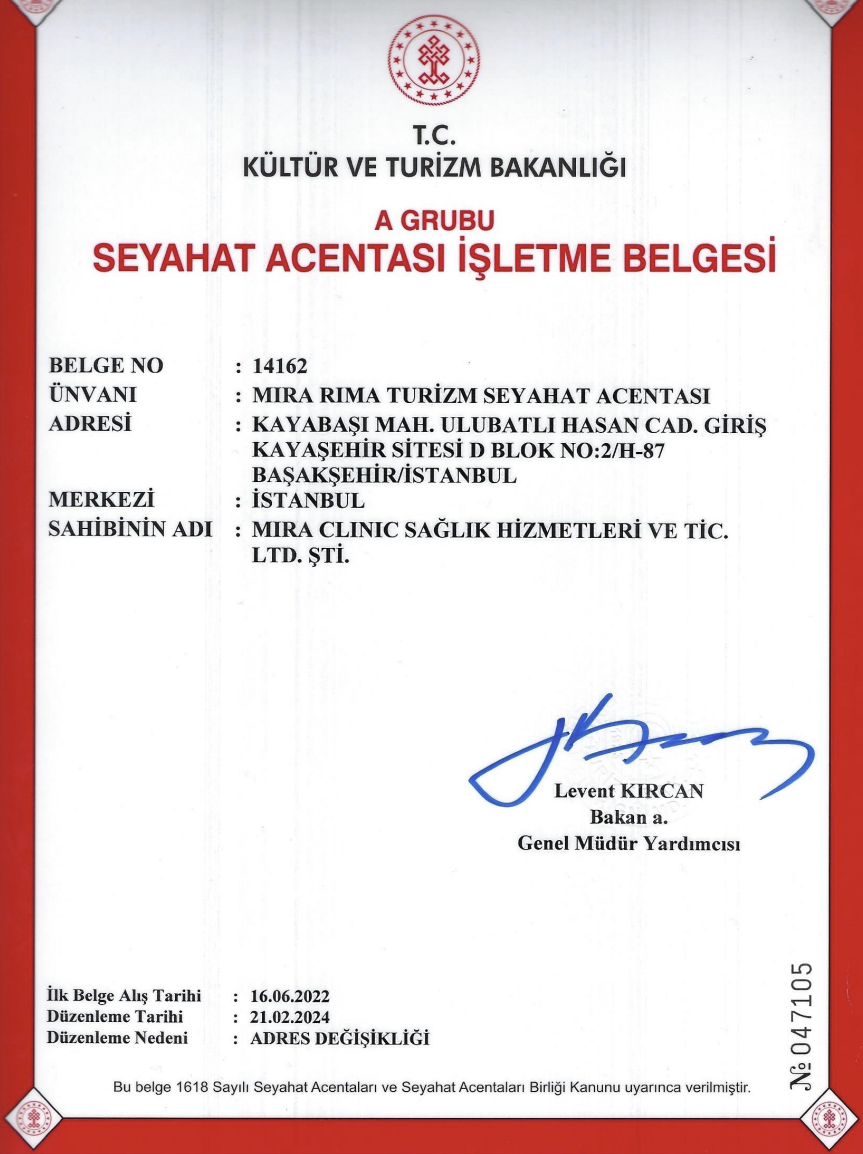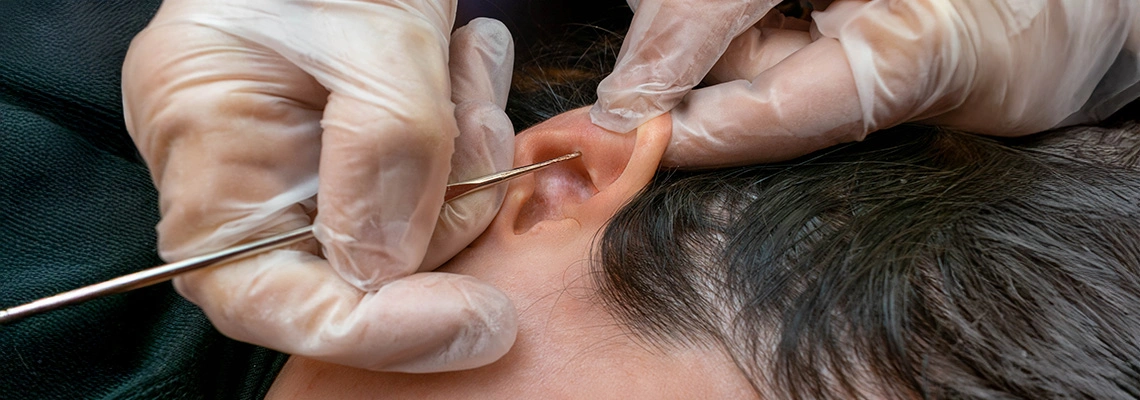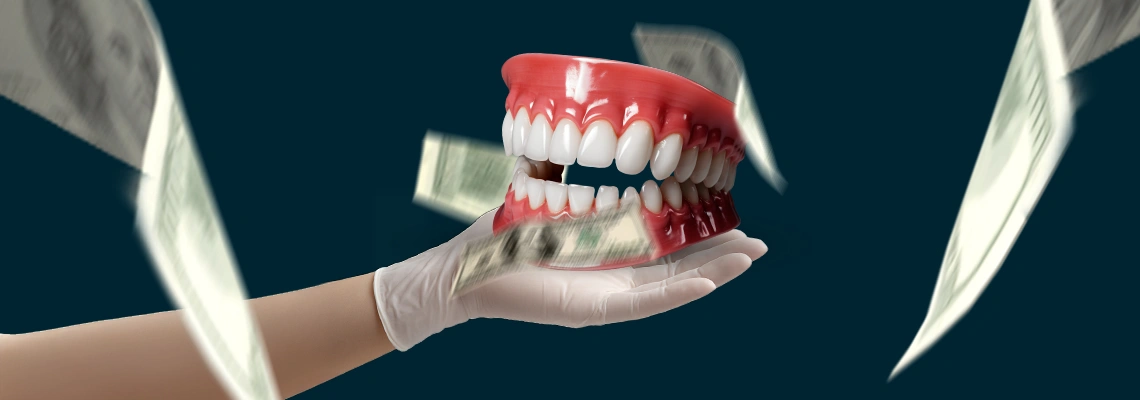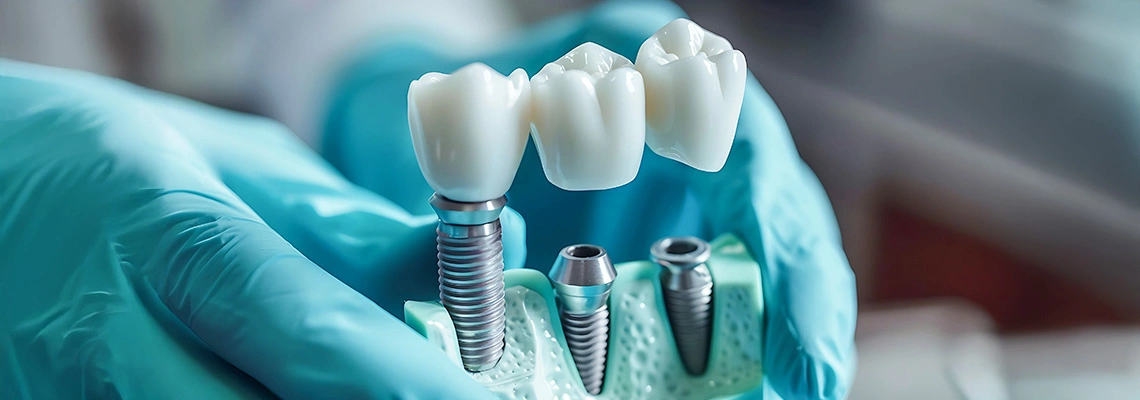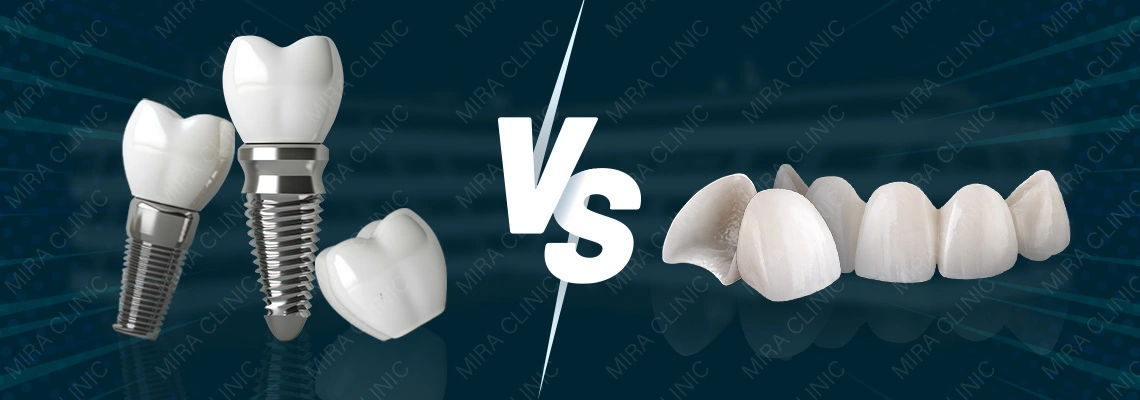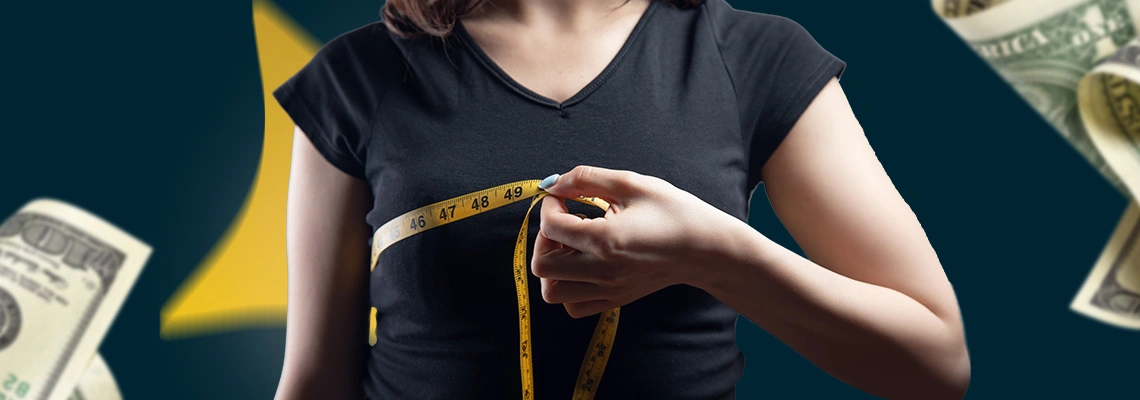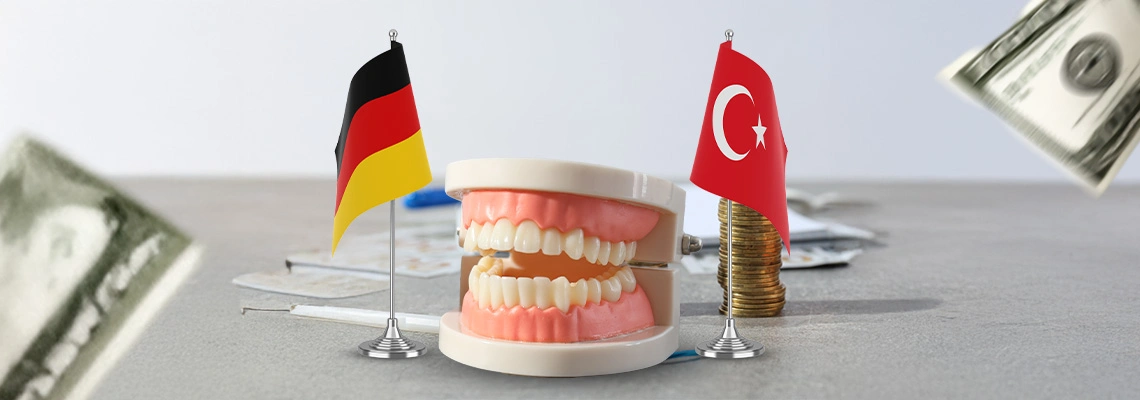Table de matiére
- Don't forget to eat soft foods after surgery
- Food temperature control
- Avoid chewy foods
- Food after rhinoplasty
- Eat salty foods
- Easy ways to add calories to your diet
- Final point
Rhinoplasty, also known as rhinoplasty, is a surgical procedure that changes the shape or size of the nose. The nose is a major part of the face so even small changes can greatly improve a person's overall attractiveness. Rhinoplasty is one of the oldest forms of plastic surgery and is still very popular today.
Before and after surgery, people who plan to have rhinoplasty should follow several tips to get the best results. One of these points is related to food, which can have a significant impact on a person's recovery after surgery, and in this article we provide some points on this topic, stay with us.
When visiting for rhinoplasty, your surgeon may recommend that you try to eat as healthy as possible to reduce the risk of side effects and help your body recover faster after surgery. However you don't need to make major changes to your diet before or after rhinoplasty, you can help the healing process by avoiding certain foods and making sure you get some nutrients in your diet.
Don't forget to eat soft foods after surgery
You may feel a little hungrier when you go home after surgery, or it may happen after the numbness or sedation wears off. Soft, sweet foods are almost always ideal immediately after surgery. Yogurt, oatmeal, or other soups can be a good choice. Depending on whether or not you feel nauseous, you may want to drink clear liquids right after the surgery because eating other things can cause vomiting. Continue the soft foods diet for a few days after the procedure or continue until you feel you are not feeling well enough to add different tissues to your diet.
Easy and convenient meals include:
broth (if you're hungry but feel nauseous)
Yogurt
barley
The importance of eating fiber after rhinoplasty
Although you should only eat soft foods for a few days after rhinoplasty, it is important to make sure that you get the right amount of fiber through your diet in the early days. Constipation after surgery is relatively common due to the combination of prescribed medications, inactivity, and a restricted diet.
While you may need to continue taking the medications your surgeon has prescribed, you should still limit your physical activity. You can help improve the condition by adding some fiber to your diet. Soft fruits such as peaches, berries, and oats, cooked vegetables such as carrots and spaghetti are good sources of fiber.
Fiber can also reduce the risk of heart disease, stroke, and diabetes, improve skin health, help you lose weight, and may even help prevent colon cancer.
Fiber is part of plant foods (grains, fruits, vegetables, nuts, and beans) that the body cannot break down. This indigestible substance passes through the body, keeps the digestive system clean and healthy, eases bowel movement, and removes cholesterol and harmful carcinogens from the body.
Fiber is of two types, insoluble and soluble
Insoluble fiber does not dissolve in water. And it is the large fiber that helps prevent constipation and is found in all grains with straw, wheat and vegetables such as carrots, celery and tomatoes.

Soluble fiber dissolves in water and helps control blood sugar and lower cholesterol. Good sources include barley, oats, beans, nuts, fruits such as apples, berries, citrus fruits, and pears.
Many foods contain both soluble and insoluble fiber. In general, the more natural and unprocessed foods are, the richer they are in fiber. There is no fiber in meat, dairy, or sugar. Pure or "white" foods, such as white bread, white rice and sweets, have lost all or most of their fiber.
Food temperature control
You should also be careful about the temperature of the food you eat after the procedure. Too hot or too cold food can make matters worse. Limit hot soup or other high-calorie foods for a few weeks after surgery to reduce the risk of occasional burning mouth while recovering from rhinoplasty. Although cold foods don't bother you, low temperatures can cause problems with your teeth and other parts of your mouth or cause headaches that can make your recovery worse.
Avoid chewy foods
Before the surgery, put your hand over your nose and in the same position put chewable food such as steak or even a piece of gum in your mouth and start chewing. Your nose moves slightly when you chew. While under normal circumstances a little movement is a good thing, but during the recovery period after rhinoplasty to avoid any problems the nose should remain as stable as possible Avoid eating steak dinner or toffee or even chewing a piece of gum in your mouth until your surgeon tells you to eat it.
Remember that you are not restricted to soft and watery foods for weeks after the procedure but just avoid chewing foods.
Food after rhinoplasty
Avoid drinking alcohol and caffeine
It is best to avoid drinking alcohol and caffeinated beverages such as coffee or soft drinks for a few days after surgery. Alcohol can increase the risk of postoperative bleeding. It can also increase the risk of developing a hematoma or a buildup of blood under the skin and increase swelling.
Caffeine can raise blood pressure, which may be a problem for some patients. Your surgeon will tell you whether and for how long you should avoid coffee or other caffeinated beverages after rhinoplasty.

Eat salty foods
When you are recovering from a rhinoplasty, relying on ready-to-eat foods may seem the easiest option because they are easy to prepare. But there may be some concern about the amount of salt in ready-to-eat meals like frozen pasta and cheese packets and how it might affect nasal congestion.
Although sodium intake can lead to water retention and exacerbation of swelling, many patients do not have to worry about it. If you are concerned about this or have a specific illness that requires you to limit sodium, it is best to speak to your surgeon before surgery to find out what to do.
After surgery, you should focus on eating the most nutritious foods including cooked fruits and vegetables as well as sources of protein and fiber to help you recover.
Easy ways to add calories to your diet
What foods are appropriate after surgery? If you have difficulty getting enough calories in your diet after surgery, your recovery may be adversely affected. These tips can help you add calories to your diet without having to eat significantly more food; However, these changes are not necessarily heart-healthy and will not help with weight loss.
This way of eating is for people who are unable to consume enough calories, as this is not an ideal long-term eating plan. Some people really struggle to consume enough food in the early part of the recovery phase, and these tips are for those people. When you are able to return to a healthy diet, cutting out saturated fats and sugar while focusing on fruits, vegetables, and lean protein, it is important to do so.
Final point
Every patient is different so it is always best to ask your surgeon about nutrition after surgery. What to eat after surgery, what foods to avoid and how long it lasts are questions to ask the surgeon.
The human body is amazing and has an extraordinary healing ability that you can revitalize with proper nutrition. For example, after rhinoplasty, a proper diet can help your body recover faster and reduce the risk of complications. It doesn't involve making big changes or following a vegetarian diet. Just a few small changes can make a big difference.

